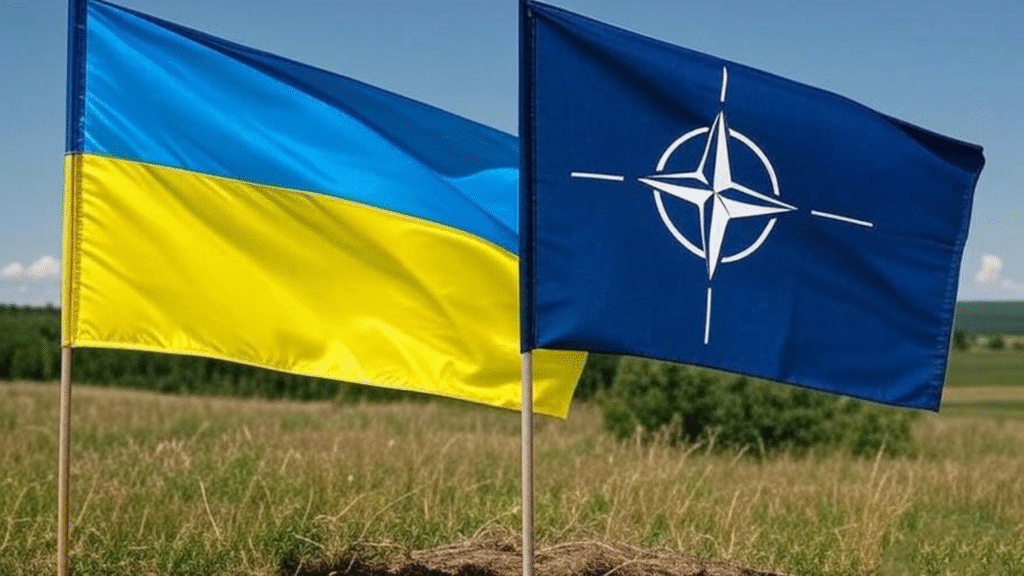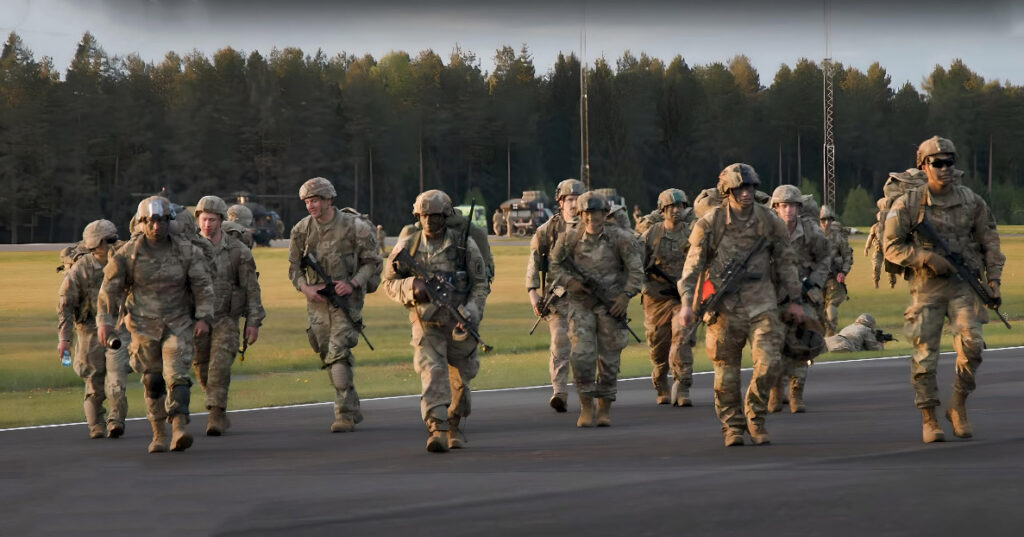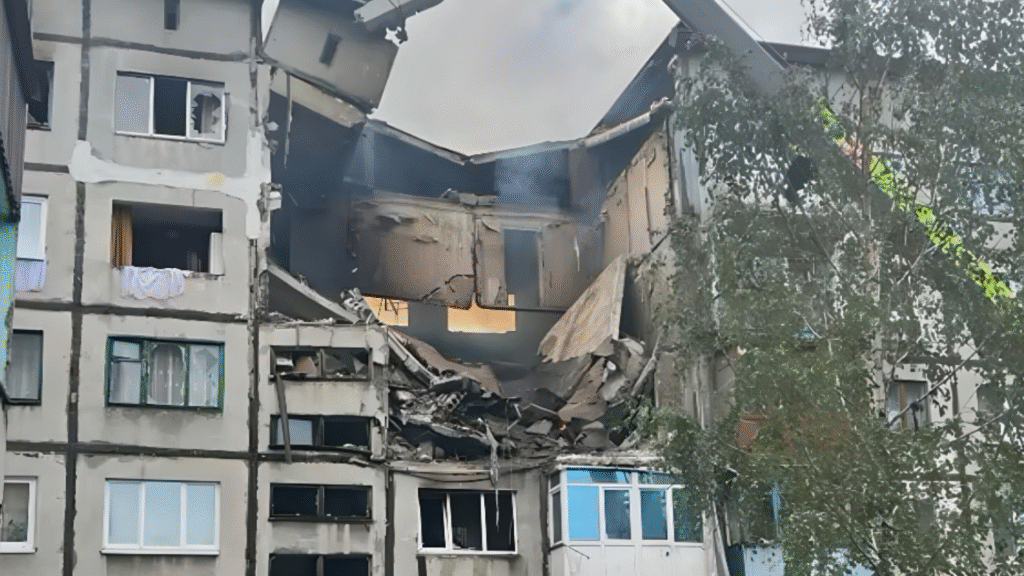In a significant development, Ukraine has secured an official invitation to the NATO Summit scheduled for June 24–25, 2025, in The Hague. President Volodymyr Zelenskyy announced the news during an online press briefing, describing the invitation as a “pivotal step toward strengthening Ukraine’s international standing.” The announcement comes at a critical juncture, as Europe and its allies grapple with reshaping the continent’s security framework amid ongoing geopolitical turbulence and evolving challenges to collective defense.
Details about Ukraine’s participation remain vague. Sources indicate that discussions led by Foreign Minister Andriy Sybiha will focus on “infrastructure”—a broad term that could encompass protecting Ukraine’s energy facilities or establishing mechanisms for sustained support amid prolonged conflict. Analysts suggest this emphasis signals an intent to integrate Ukraine into NATO’s practical initiatives, even as formal membership remains off the table for now.
Behind closed doors, however, tensions linger. Reports from Politico suggest that the administration of U.S. President Donald Trump, which is shaping much of the summit’s agenda, is pushing for a concise “mini-declaration” as the summit’s outcome—a document likely to avoid explicit commitments regarding Ukraine’s NATO future. This has sparked concerns about waning political will in Washington to champion Kyiv’s aspirations. Speculation about the U.S. opposing Zelenskyy’s personal attendance at the summit further fueled doubts, though U.S. Secretary of State Marco Rubio dismissed such claims in a CNN interview. Rubio reaffirmed support for Ukraine but stressed the need to “balance rhetoric with actionable steps.”
The Hague Summit carries weight beyond Ukraine’s role. It will serve as a litmus test for gauging not only the depth of international backing for Kyiv but also the resilience of NATO’s collective security mechanisms. With member states navigating internal political shifts and the complexities of a protracted conflict, the summit will reveal how cohesive the alliance remains under pressure.
For Ukraine, the event represents both opportunity and uncertainty. It could solidify strategic partnerships and pave the way for deeper integration into Euro-Atlantic structures. Yet it also risks exposing the limits of allied commitment, as symbolic gestures may fall short of the concrete actions needed to advance Ukraine’s security and aspirations. The outcome in The Hague will likely clarify whether NATO’s support is a stepping stone to meaningful progress or a carefully calibrated act of diplomatic theater.



